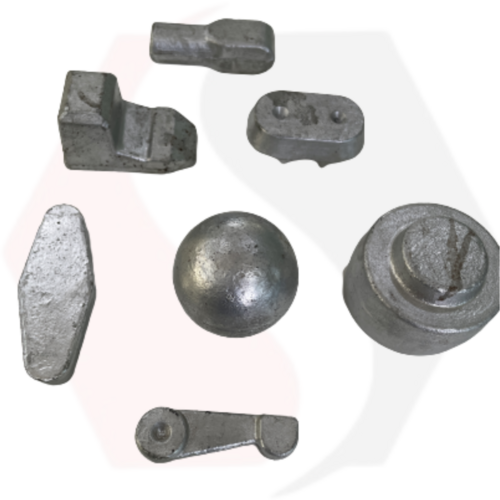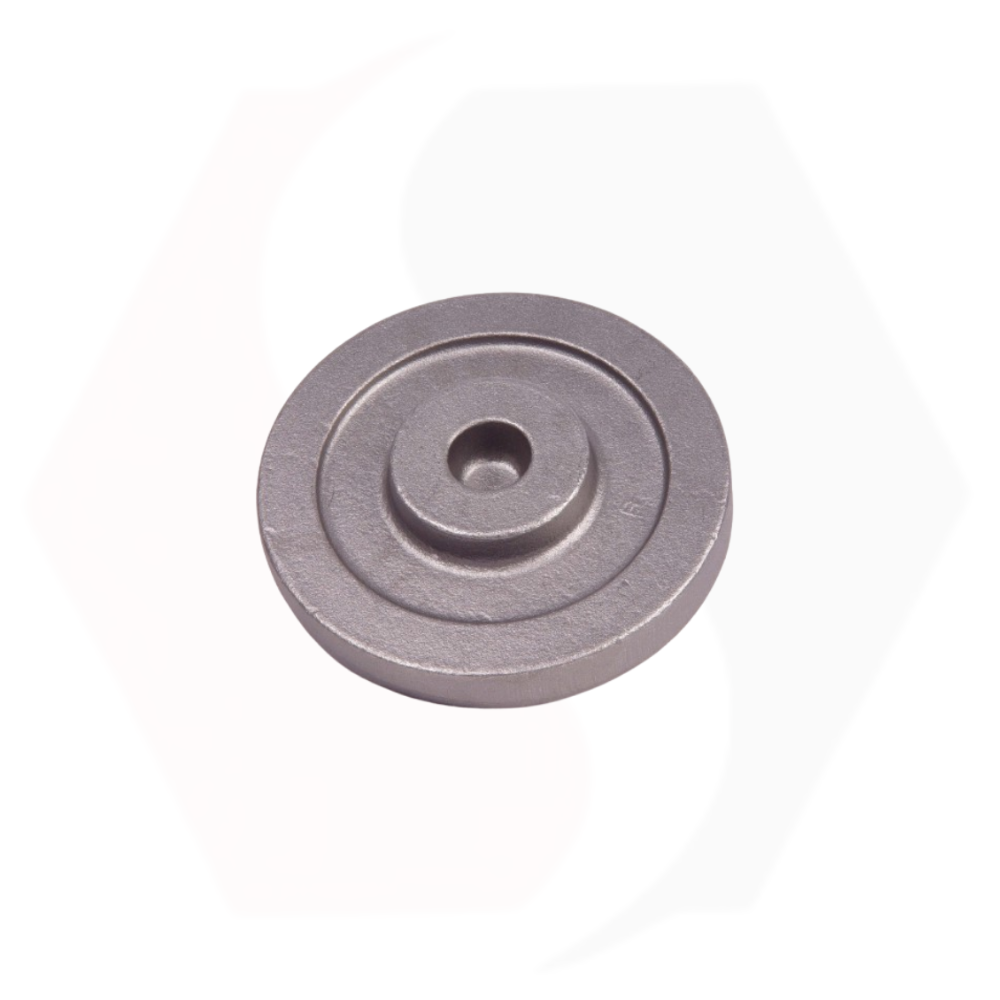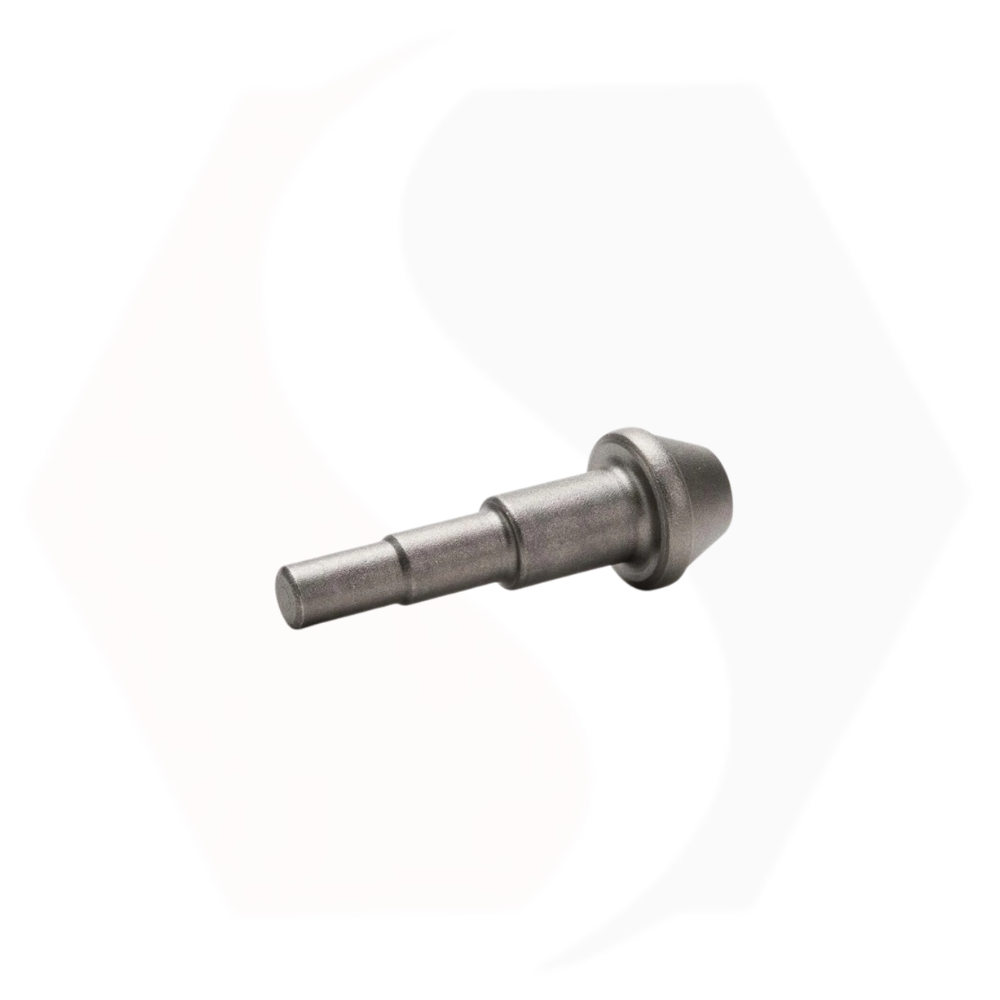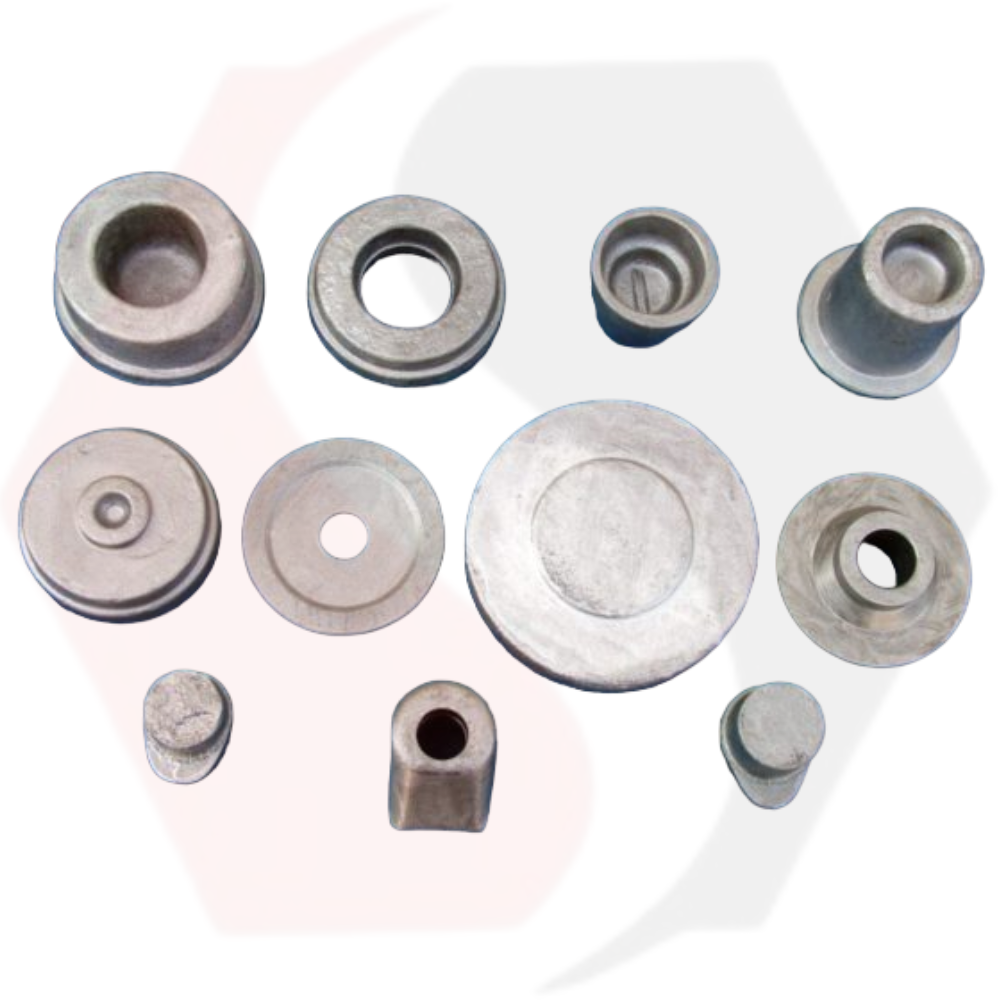Precision Forged Parts
Price 20 INR/ Piece
Precision Forged Parts Specification
- Hardness
- Rigid
- Process
- Forging
- Product Type
- Forged Products
- Material
- Carbon Steel
- Technology
- Forging
- Application
- Other
- Weight
- 30 gram To 7 kg Kilograms (kg)
- Color
- As Per Forge
Precision Forged Parts Trade Information
- Minimum Order Quantity
- 5000 Pieces
- Payment Terms
- Cash Advance (CA), Cash in Advance (CID)
- Main Domestic Market
- All India
- Certifications
- ISO 9001
About Precision Forged Parts
"Precision forged parts are high-accuracy components manufactured through controlled forging processes that ensure tight tolerances, consistent quality, and excellent surface finish. These parts offer superior strength and fatigue resistance, making them ideal for critical applications in automotive, aerospace, medical, and industrial machinery sectors."
Keywords:
* Precision forged parts
* High-accuracy forged components
* Tight tolerance forging
* Precision metal forging
* Near-net-shape forged parts
* Automotive precision forged parts
* Aerospace precision forging
* Forged parts with close tolerances
* Custom precision forging
* High-performance forged components
* CNC precision forged parts
* Industrial precision forged parts
* Precision steel forging
* Net-shape forged components
* OEM precision forged parts
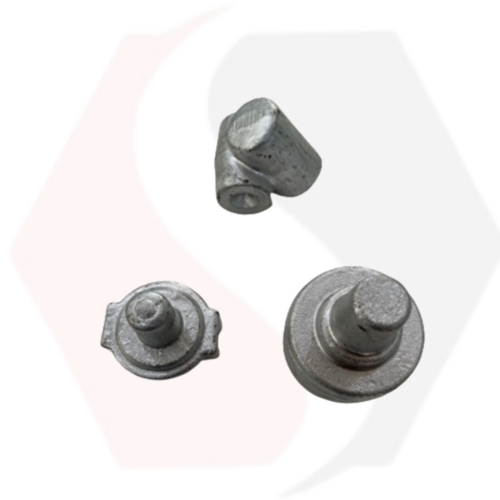

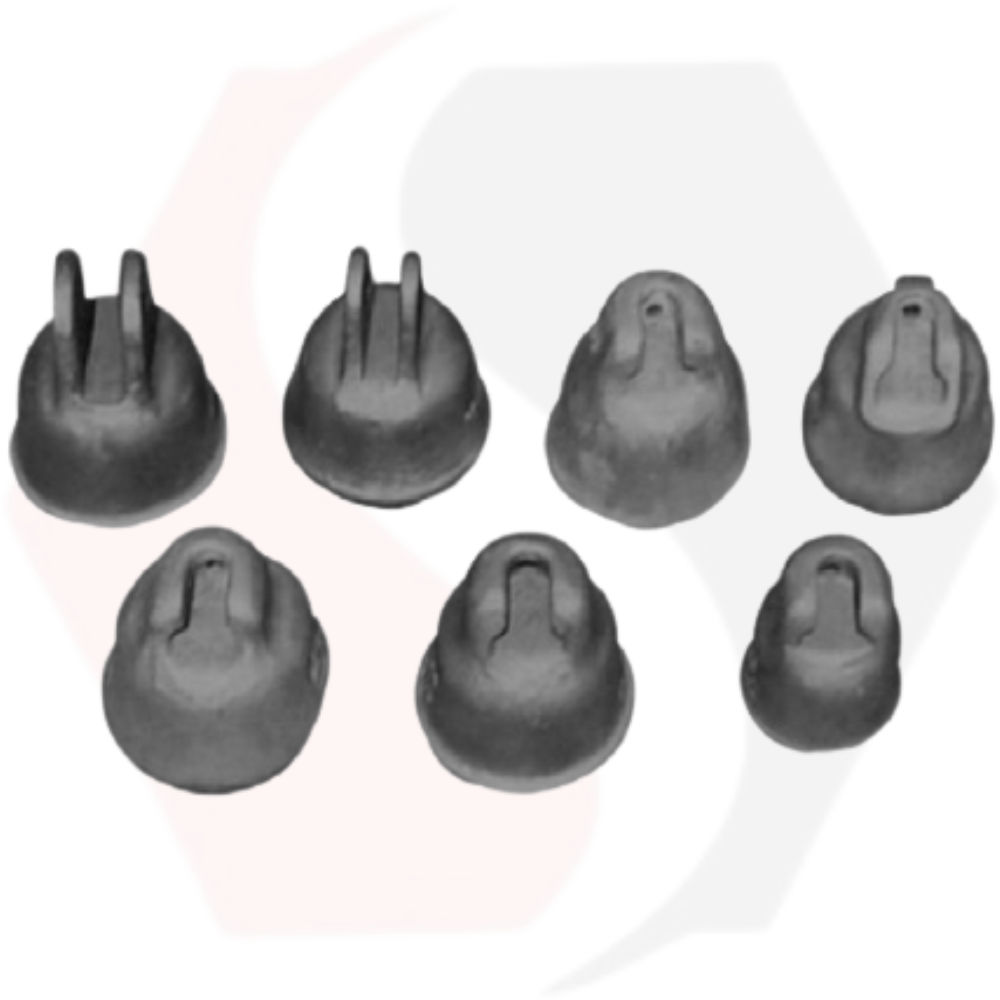



Price:
- 50
- 100
- 200
- 250
- 500
- 1000+
More Products in Forged Automotive Parts Category
Precision Heavy-duty Forged Automotive Parts
Price 45 INR / Piece
Minimum Order Quantity : 5000 Pieces
Product Type : Forged Products
Process : Hot Forging
Application : Auto Parts
Material : Steel
Ms Forged Gear Plates
Price 120.00 INR / Piece
Minimum Order Quantity : 5000 Pieces
Product Type : Forged Products
Process : Hot Forging
Application : Other
Material : Other
Forged Coupling Shafts
Price 200 INR / Piece
Minimum Order Quantity : 5000 Pieces
Product Type : Forged Products
Process : Hot Forging
Application : Other
Material : Other
Forged Gear Blank
Price 150 INR / Piece
Minimum Order Quantity : 5000 Pieces
Product Type : Forged Products
Process : Hot Forging
Application : Other
Material : Other

 Send Inquiry
Send Inquiry
